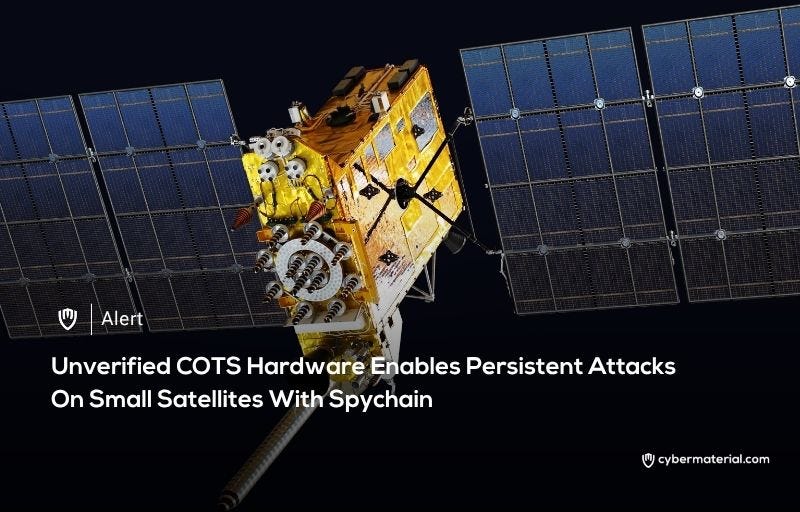
The proliferation of small satellites has revolutionized space operations for science, commerce, and defense. This growth is largely fueled by the use of commercial off-the-shelf (COTS) parts, which …

The proliferation of small satellites has revolutionized space operations for science, commerce, and defense. This growth is largely fueled by the use of commercial off-the-shelf (COTS) parts, which …